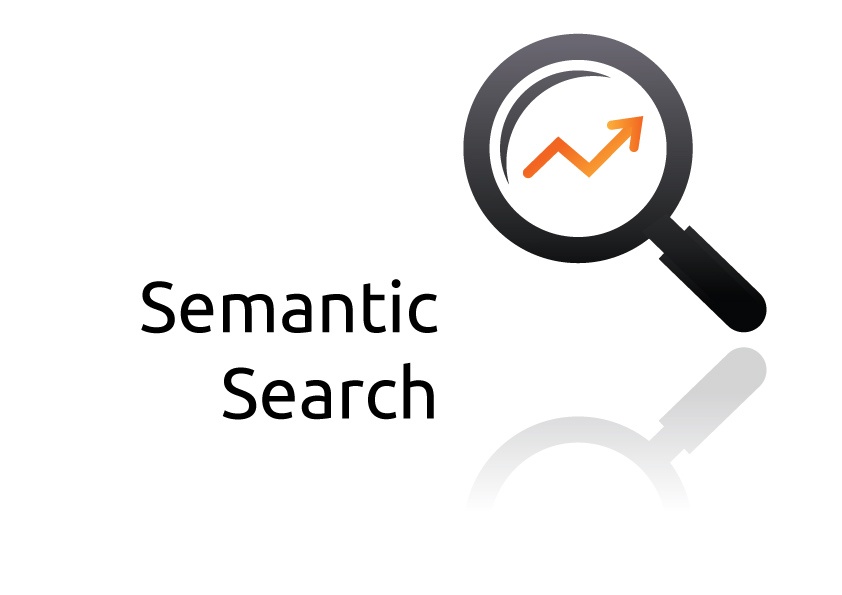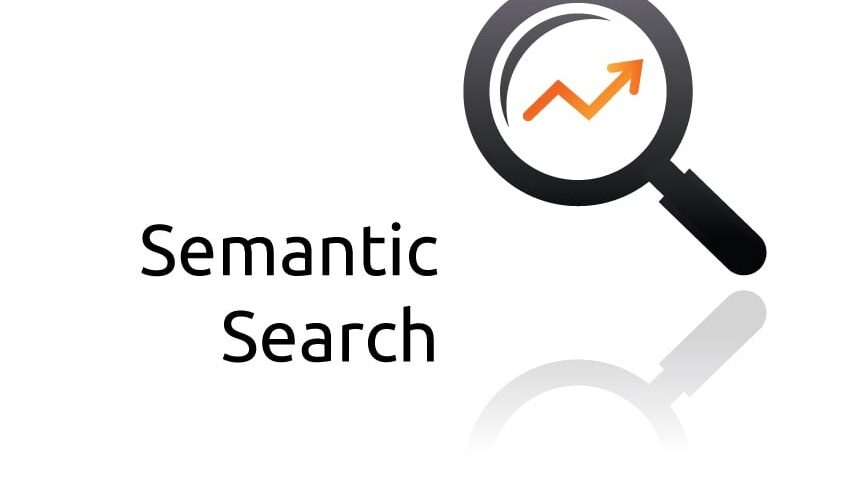
Omni-Channel Marketing: Your Key to Business Success
October 1, 2025
Essential Guide to Understanding Google’s Mobile-First Index
October 1, 2025 SEO was quite easy in the past. One could almost guarantee results. However, it is so different now. Today, instead of just matching query to keywords, Google looks at various other factors, such as search intent and context to deliver more relevant results.
SEO was quite easy in the past. One could almost guarantee results. However, it is so different now. Today, instead of just matching query to keywords, Google looks at various other factors, such as search intent and context to deliver more relevant results.
This is called semantic search and you should learn as much as possible about it. After all, it’s the present and the future of search. The term “Semantic Search” is certainly not new. However, it has taken on a new dimension in search engines today.
What is Semantic Search?
Semantic search is when a whole lot of resources are used in order to perform a search, rather than just keywords.
Two terms are crucial in Semantic Search:
Intent: It denotes what the searcher is looking for.
Context: It describes everything that gives their search phrase a meaning.
Semantic search aims to identify both and deliver the most relevant results based on that knowledge.
Google’sKnowledge Graph is a paradigm of proficiency in semantic search which is called “Introduction the knowledge graph: things, not strings”. A graph that understands real-world entities and their relationships to one another: things, not strings.
So, how does Google pursue Semantic Search?
Google uses more than 200 ranking factors. Out of 200, here are some of them:
- Google looks at trending topics and displays information relating to them first.
- Google might use a searcher’s location to discern the context and deliver a search result.
For e.g. searching for a simple query like “What is the weather today?” will automatically return weather information for your location. - Google can also deduct search intent from the query itself.
For instance: Search for “best apple” returns listings related to the fruit. Search for “Cheapest apple” returns listing related to the Apple device. - Google can also use information a person has searched for in the past to discern his intent.
- Synonyms, different spellings and other word variations also help Google to establish context.
- Google might also look at the concept within search query.
- The search engine also looks at the natural language, instead of processing a query as a string of related words.
List of few engines to get you started in the world of Semantic Searching:
So, all we need to do as a result of Semantic Search is:
- Focus on High-Quality Content
- Content should be focused around a single topic with relevant meaning.
- As long as you have focused content, you do not need to worry about exact keywords
- Use data mark-up which will improve your SEO in the Semantic Search.
- Content should be optimized for long tail keywords.
All of SEO is basically user experience. The better the user’s experience, the better your website will do in the search engines. This is especially true in the age of semantic Search.
That’s pretty much it for now. If you think of other questions or concerns, please share them in the comments.
{{cta(‘41382c5b-f989-42fa-8254-da3bc826e866’)}}


